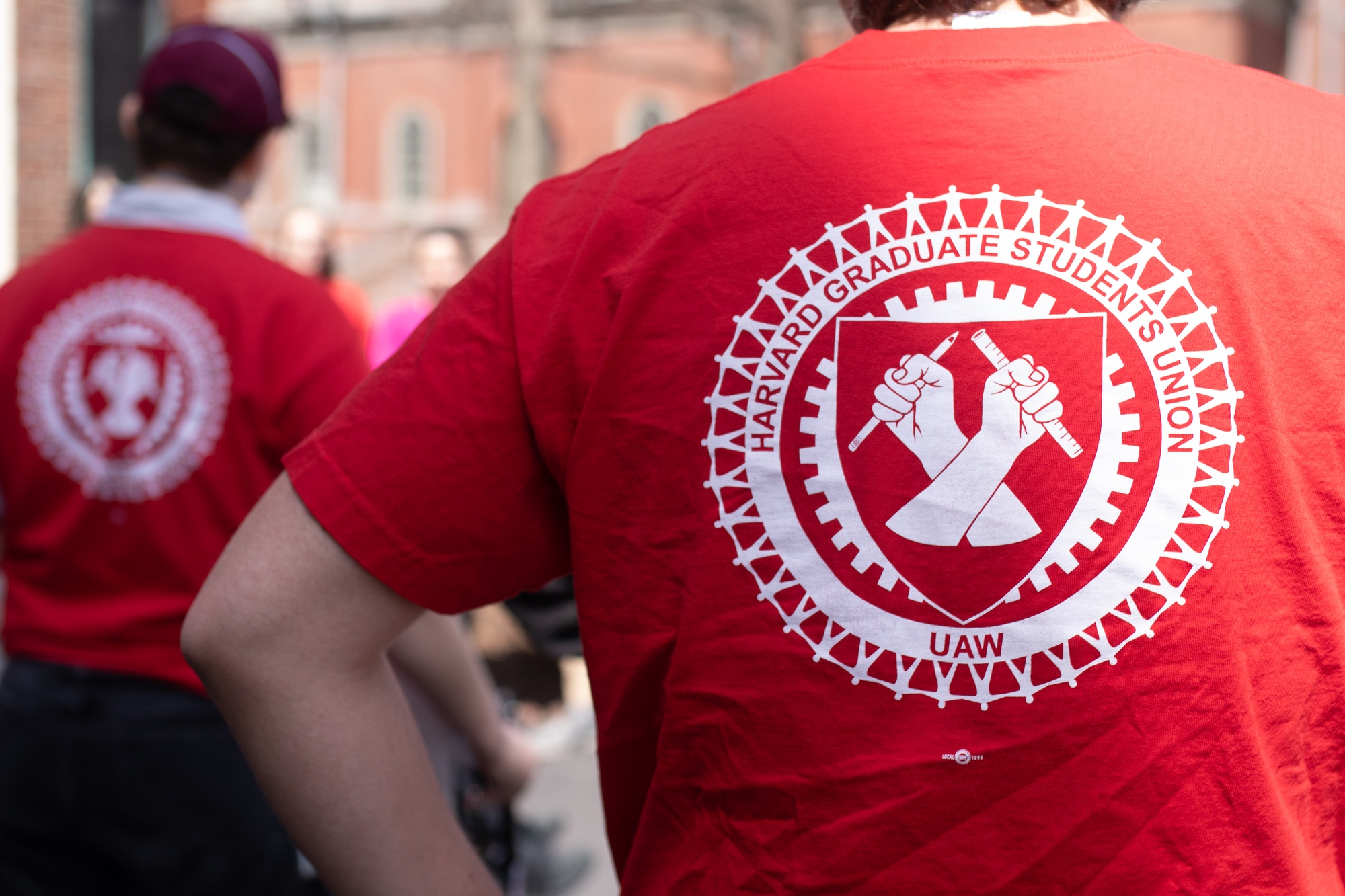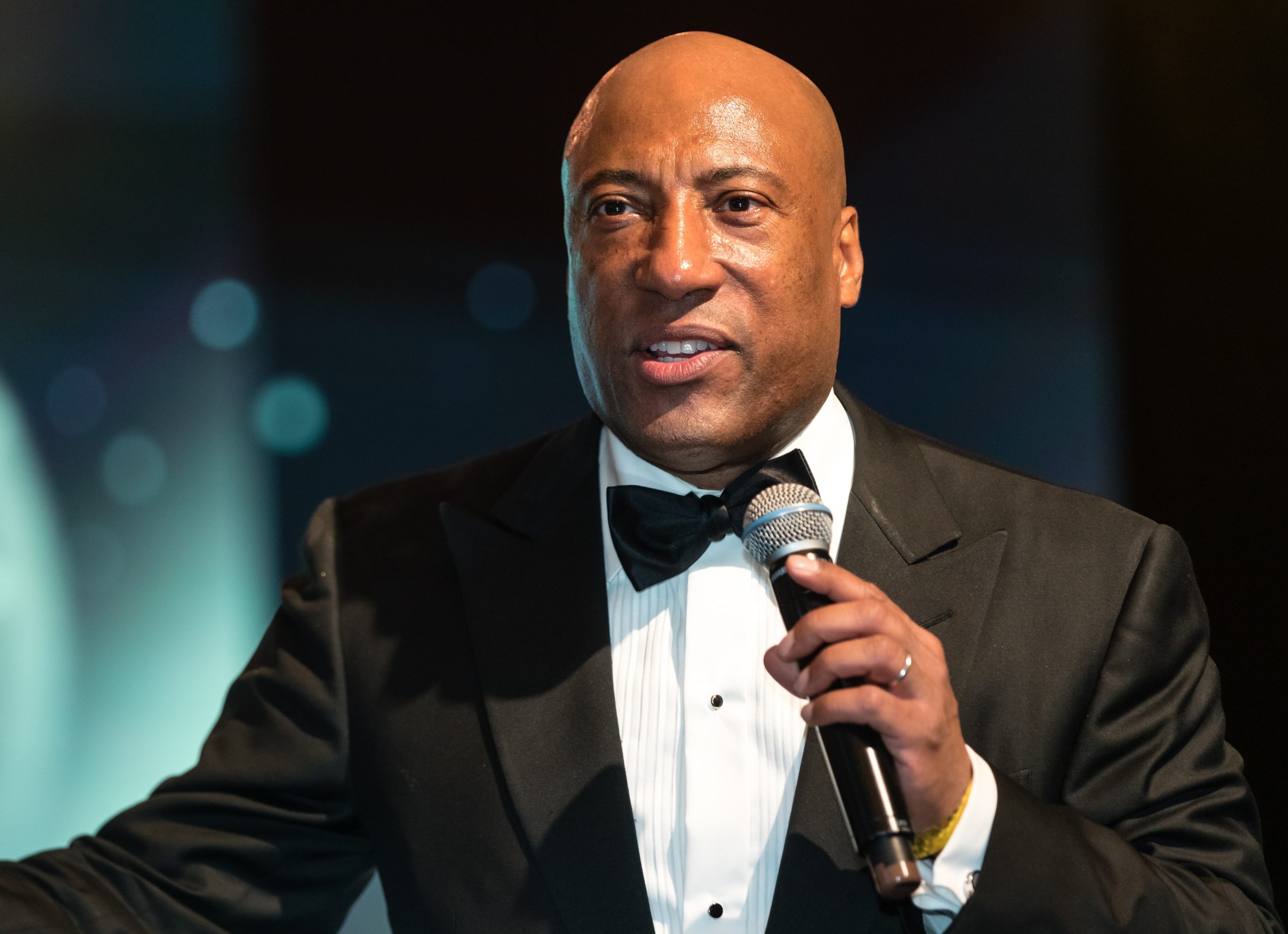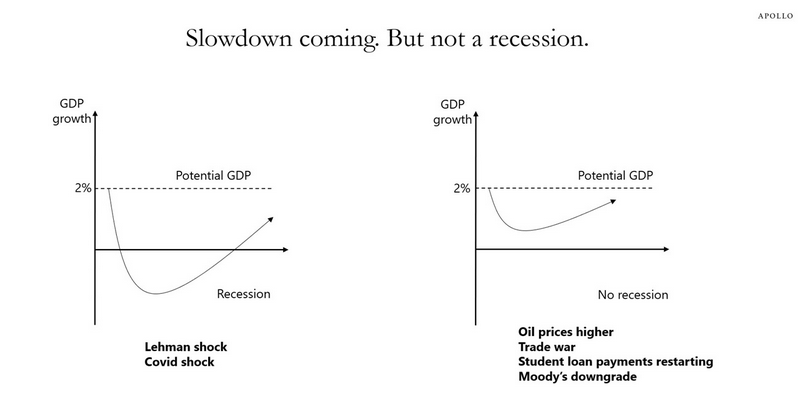
As it negotiates with its graduate student union, Harvard is looking to excise contract language that lists antidiscrimination protections and instead shift authority over complaints to policies and procedures maintained by the University.
The stance was laid out in a counterproposal to the union presented on Thursday, in which Harvard rejected its request to permit third-party arbitration in all discrimination and harassment cases and removed several existing contract protections.
The union had sought to allow third-party arbitration in Title IX and other gender-based and sexual misconduct cases, a provision the union has unsuccessfully fought for in its previous contract negotiations.
But Harvard’s response swung in the opposite direction — centralizing University control over discrimination policies and stripping some existing protections.
The new proposal would whittle a 10-page contract article down to three by referring union members to several University-wide policies on discrimination and harassment, rather than codifying protected classes in the contract.
It also removes language already in the union’s existing contract, including an option for some workers to file grievances after exhausting University options and an agreement not to pressure workers to accept informal resolutions to complaints.
Under the current contract, Harvard must notify the union when changes to federal Title IX rules prompt amendments to its own policies and discuss them “in good faith” with the union before they are made. The HGSU-UAW’s proposal sought to strengthen its position, asking for Harvard to bargain over the impact of changes to Title IX, the Americans With Disabilities Act, and the Fair Labor Standards Act.
But Harvard is now looking to strike out the provision entirely, allowing it to adapt its regulations without consulting the union in a moment when the federal government has made rapid alterations to nondiscrimination guidance.
Union members said that a contract relying solely on University-wide policies could let Harvard make unilateral changes to discrimination and harassment procedures — and they feared it would make it easier for Harvard to align with the Trump administration’s demands.
“These are the kinds of things that can very quickly become pre-concessions to demands from outside actors such as the federal government, who can clearly exert quite a lot of pressure on the Harvard Corporation,” HGSU-UAW bargaining committee member Benjamin B. Daniels said.
“If we do not have protected, collectively bargained guarantees of these rights, we have absolutely no input to the process,” he added.
Among the University policies referenced in the proposal are the Non-Discrimination and Anti-Bullying Policies and Procedures, measures that were adopted in 2023 after HGSU-UAW members requested University-wide policies during negotiations for their 2020 contract. These procedures had not been in place during the union’s last set of contract negotiations.
Harvard has already made changes to its guidance for applying its NDAB policy after settling two lawsuits in January — including specifying protections for Zionists and adopting a controversial definition of antisemitism. The settlement, announced one day after Donald Trump took office, was widely seen as a strategic response to an administration that had already signaled its intent to crack down on Harvard over antisemitism complaints.
Harvard’s proposal also refers union members to the University’s Disability Resources Grievance Policy, as well as three University sexual harassment policies — two of which are interim measures adopted in 2020.
While these University-wide policies contain many important elements of the union’s existing contract provision on discrimination and harassment, union members are concerned that they fail to cover all current worker protections.
The clause in the union’s current contract that prevents University officials from pressuring student workers to abandon pursuing formal resolutions to complaints is not in any of the University policies.
Third-party arbitration is currently available only to student workers pursuing cases involving abusive and intimidating behavior, or forms of discrimination not covered by Harvard’s sexual and gender-based harassment policies — and only after students have exhausted internal Harvard procedures.
That still leaves latitude for students to seek arbitration in cases of bullying or discrimination based on race, religion, or another protected status if they are unsatisfied with the University’s resolution.
But under Harvard’s new proposal, complaints of violations to its policies would not be subject to the union’s grievance and arbitration article at all.
Claims that workers faced discrimination based on union activity would still be subject to the union’s grievance process.
A University spokesperson wrote in a statement that the University proposal “is aligned with the University’s position that the Non-Discrimination, Anti-Bullying, and Title IX policies are the appropriate processes for these concerns.”
HGSU-UAW is bargaining for its contract alongside Harvard’s undergraduate workers union and its non-tenure-track faculty union. Both unions proposed detailed descriptions of harassment and discrimination that were removed in the University’s subsequent counterproposals, which also referred workers to University-wide policies.
Harvard Academic Workers-United Auto Workers included a section in their proposal allowing workers to pursue union grievance procedures, not just internal University procedures, in all cases of discrimination and harassment. The section was removed in the University’s counterproposal.
And the Harvard Undergraduate Workers Union-United Auto Workers proposed a one-year timeline for students to file grievances over harassment or discrimination — also removed in the University’s counterproposal.
HGSU-UAW bargaining committee member Denish K. Jaswal, who has handled member grievances for five years, said the University’s internal processes have not sufficed in dealing with worker complaints.
“We have hundreds of complaints about harassment, discrimination, and bullying that don’t go through the University process because people do not think it is a fair, impartial, neutral process,” she said.
HGSU-UAW’s contract expires on June 30, but negotiations will continue beyond the expiry date. The union has yet to present some of its key proposals, including one that would require workers represented by the union to either become members of the union or pay fair-share fees.
—Staff writer Amann S. Mahajan can be reached at amann.mahajan@thecrimson.com. Follow her on X @amannmahajan.



